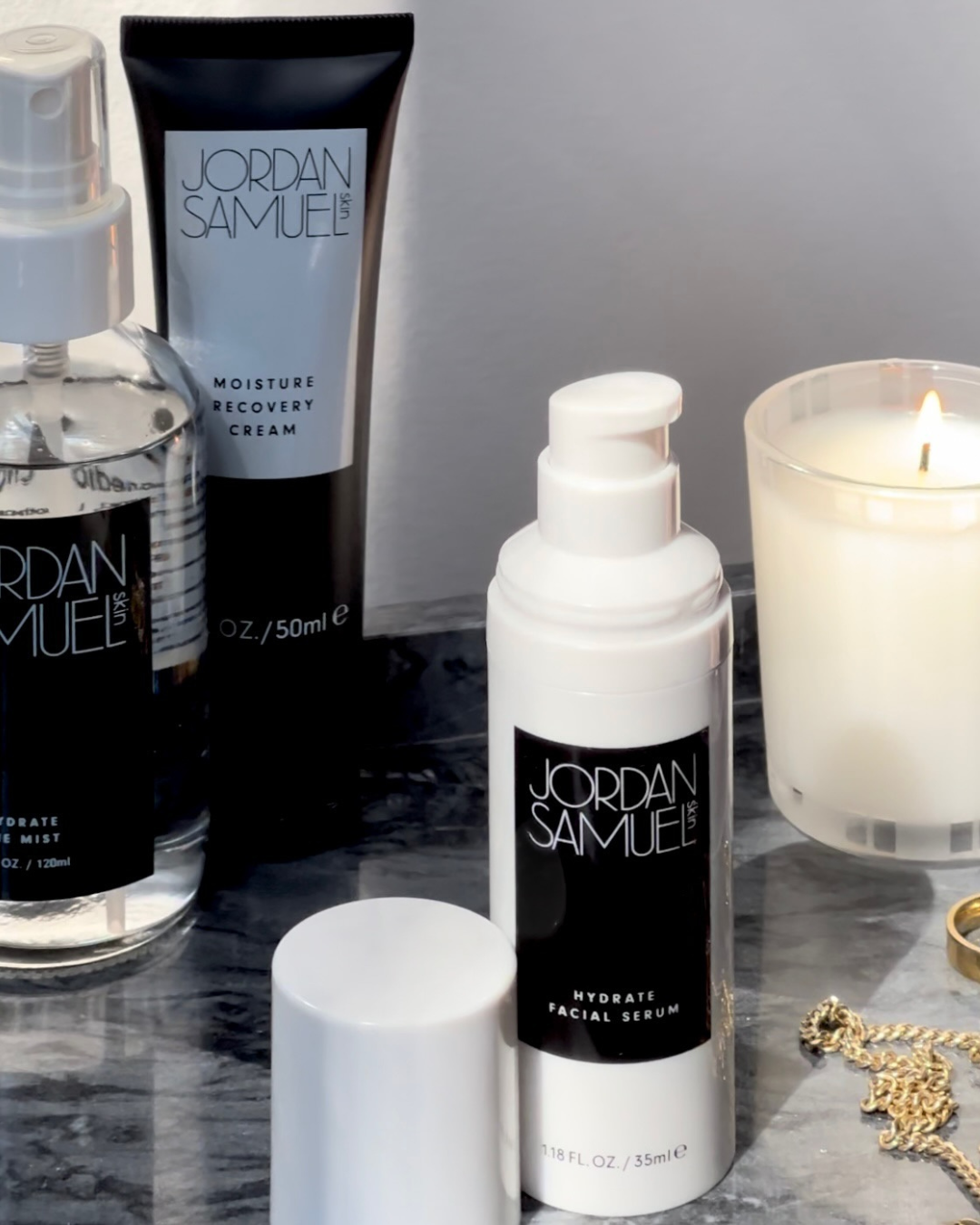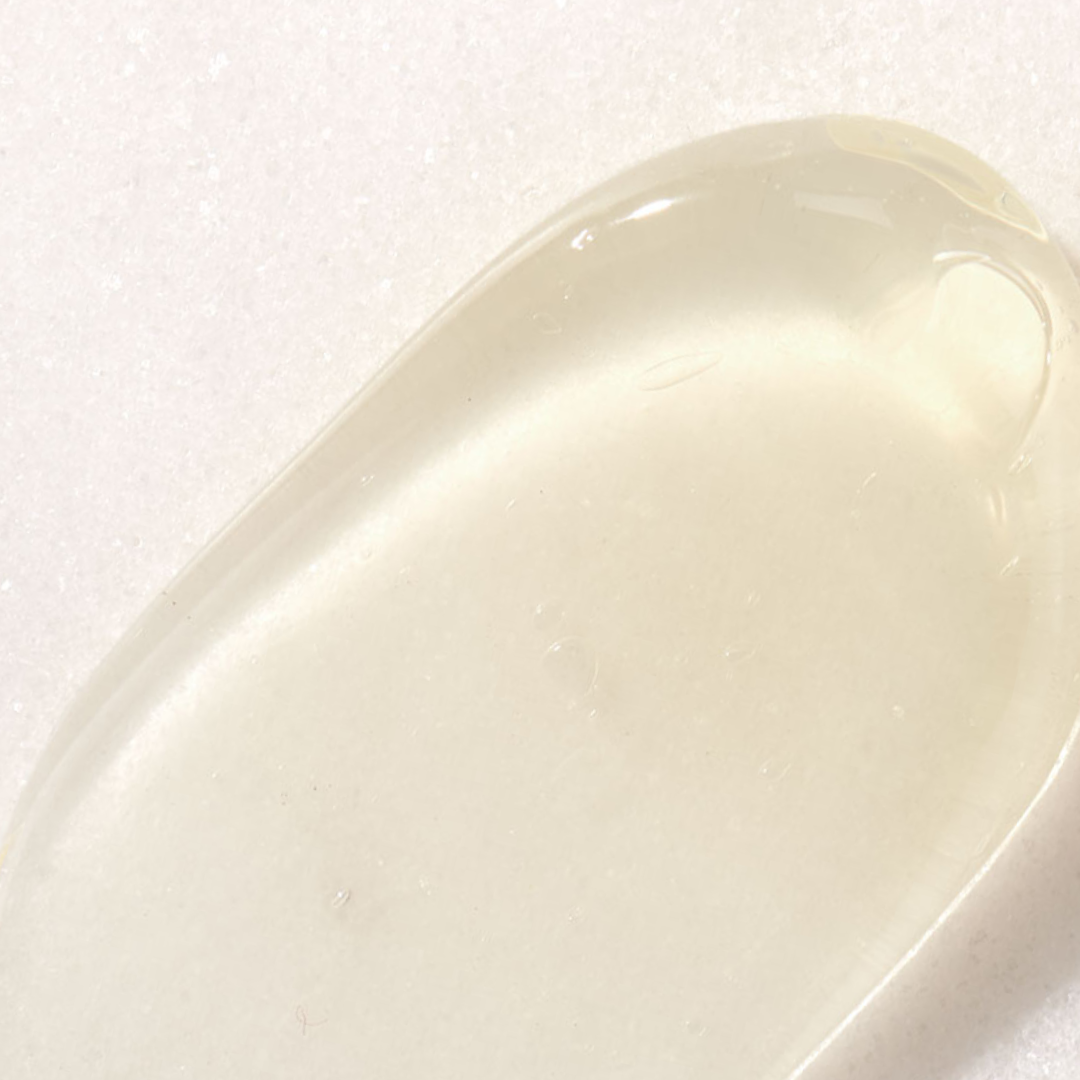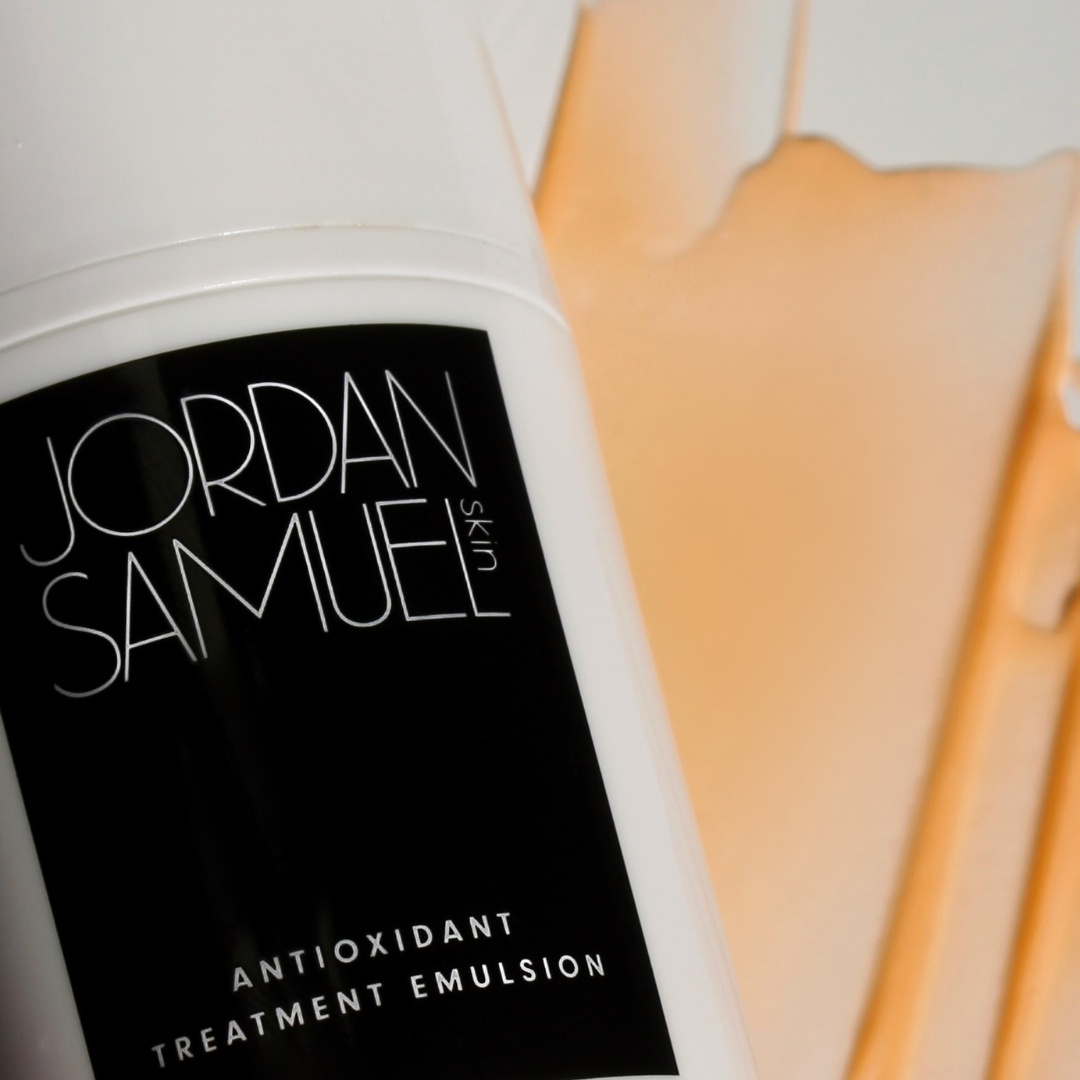I obviously have a passion for skincare. I wouldn’t be in this business if I didn’t. I love how a well-formulated product has the power to transform, but like all things, skincare has its limitations. Here are a few tips to keep in mind when setting expectations for your skincare routine:
1. Your skincare products can’t affect the real hotbed of skin-regenerating activity. When you apply products to the surface of your skin, they generally don’t travel very far. Most stay within the upper layers of your epidermis. The real party is happening deeper in the dermal layers, where fibroblasts are firing and producing new collagen. This means that meaningful, structural change occurs at a layer well below the reach of your skincare products.
2. There is no magic bullet. Tough, intractable skincare woes like deep wrinkles and uneven skin tone won’t change overnight. Real change takes time.
3. Skin craves consistency. If you want to see improvement over time, you need to commit to a skincare routine without chasing fads or frequently switching up products. It may take a few weeks to see the results reach the surface layers of your skin.
4. Ideally, skincare should be about prevention. An ounce of prevention is worth a pound of cure, as Benjamin Franklin said. Maintaining healthy skin now requires much less work than trying to reverse accumulated damage in a few years. That’s why sunscreen is the best anti-aging product money can buy.
5. The better shape your skin is in, the less room for improvement. If you’ve maintained your skin well over time, you won’t see very dramatic results from facials or using new, more active products. The lack of shocking before-and-after can be disappointing, but don’t be discouraged! It’s actually a good thing.
6. Create a plan around your own specific skincare goals. What does your ideal version of your skin look like? If it’s a matter of maintaining your skin as it is now, SPF and antioxidants may be all you need. If you’d like to diminish some signs of damage, that may require more actives in your at-home routine. However, stubborn signs of aging or damage aren’t wholly reversible without more extreme measures. Skincare alone won’t achieve that level of dramatic change. At that point, it’s worth discussing prescriptions, laser treatments, injectables, or other procedures with a dermatologist.
Ultimately, the success of your homecare routine depends on two big factors: setting clear expectations and consistently sticking with your skincare. I hope these tips help keep you on the path to healthy, happy skin for years to come!
XO,
Jordan




